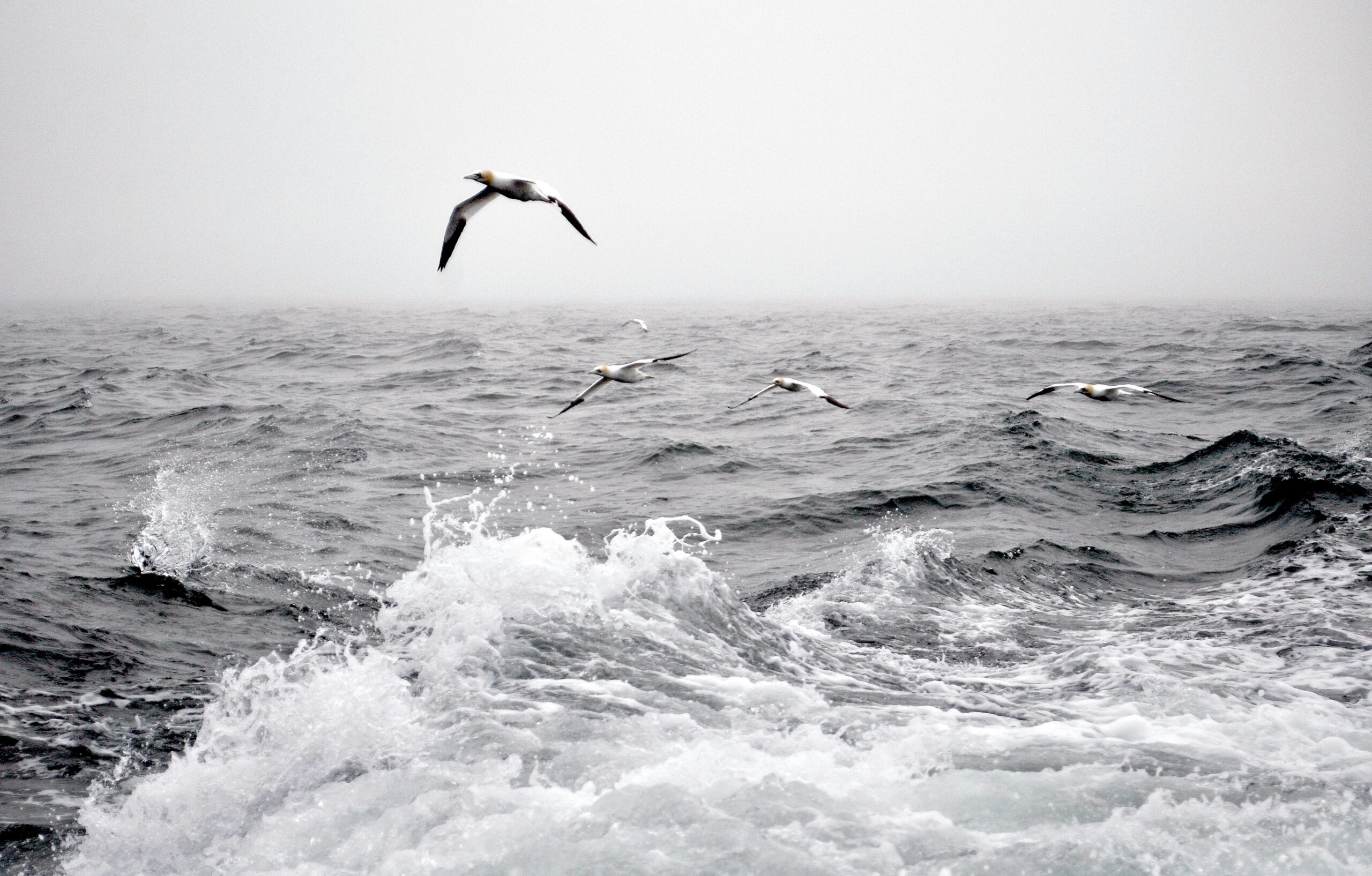Photo by Kirstin Snippe
The Scottish Marine Environmental Enhancement Fund (SMEEF) has opened applications for the first grants round of the Seabird Resilience Fund. The Taking Flight programme is designed to accelerate progress against the Scottish Seabird Conservation Action Plan and aims to maximise seabird prospects and build resilience in populations.
Applications are open until midday on 7 November 2025, with SMEEF seeking proposals to support a broad range of seabird conservation projects. Eligible activities include piloting novel technologies to support monitoring, conducting survey and scoping activities, and fostering collaboration and engagement that enhances seabird conservation.
Context and funding
The £1.6 million Seabird Resilience Fund was established in May 2025 through voluntary contributions from offshore renewable energy developers in the Northeast and East Ornithology Group (NEEOG). The fund aims to support practical projects protecting seabirds from threats both at sea and on land.
Scotland’s seabird populations have declined dramatically, with numbers on coastal breeding grounds now nearly half of what they were in 1986. However, short-term trends show some positive signs, with increased populations of black-legged kittiwake, European shag, and common guillemot.
Global significance
Scotland hosts breeding grounds for 24 seabird species with globally significant populations, including approximately 60% of the world’s great skua breeding population, 46% of northern gannets, and 16% of Manx shearwaters.
Cathy Tilbrook, NatureScot Head of Sustainable Coasts and Seas, said: “The Seabird Resilience Fund will support action to address some of the many threats our seabird populations are facing. Funding on this scale comes at a crucial time. The challenge is significant but there are small signs of hope, with some populations stabilizing. We want to support that trend and deliver innovative projects to help seabirds to recover and thrive.”
Initial work
To initiate the programme, SMEEF has funded biosecurity survey work on vulnerable island habitats during the 2025 season. Scotland’s island seabird populations face particular threats from invasive species, including animal predators such as rats and introduced plants that cause habitat loss.
Application process
A free webinar for prospective applicants will be held on 8 October 2025 from 2-3pm, providing opportunities to speak directly with the grants team and ask questions about projects and the application process. A recording will be made available on the SMEEF website following the event.
Application forms, grant criteria, and additional information are available on the SMEEF website. Enquiries can be directed to SMEEF Seabirds Officer Hettie Pike at grants@smeef.scot.
